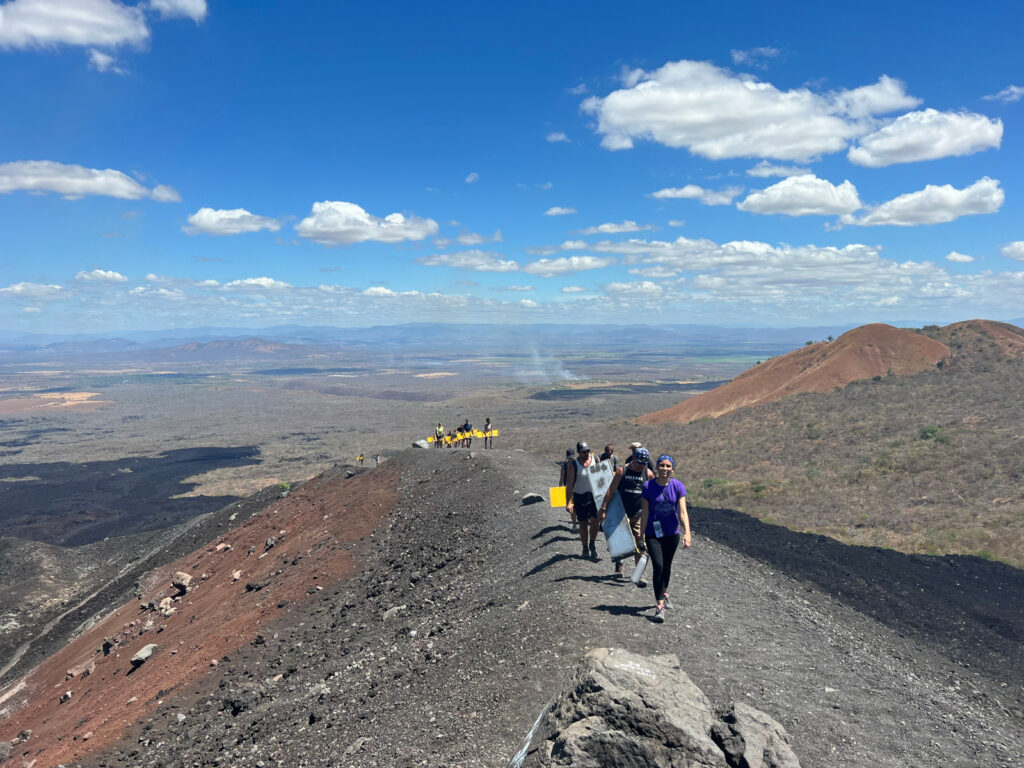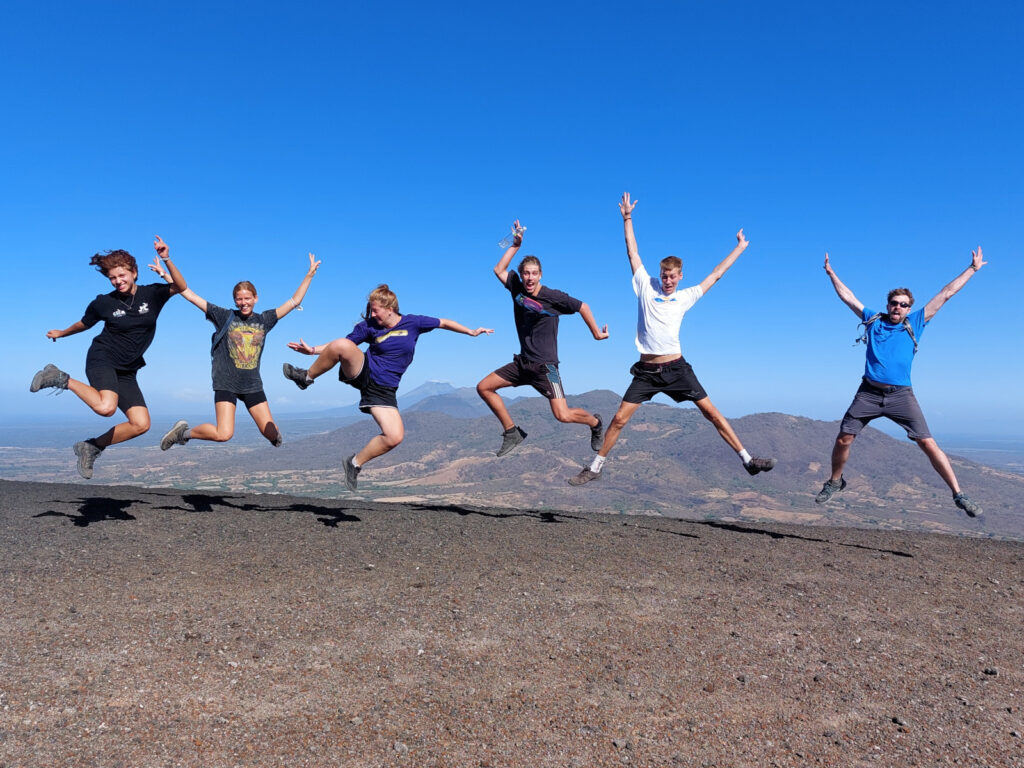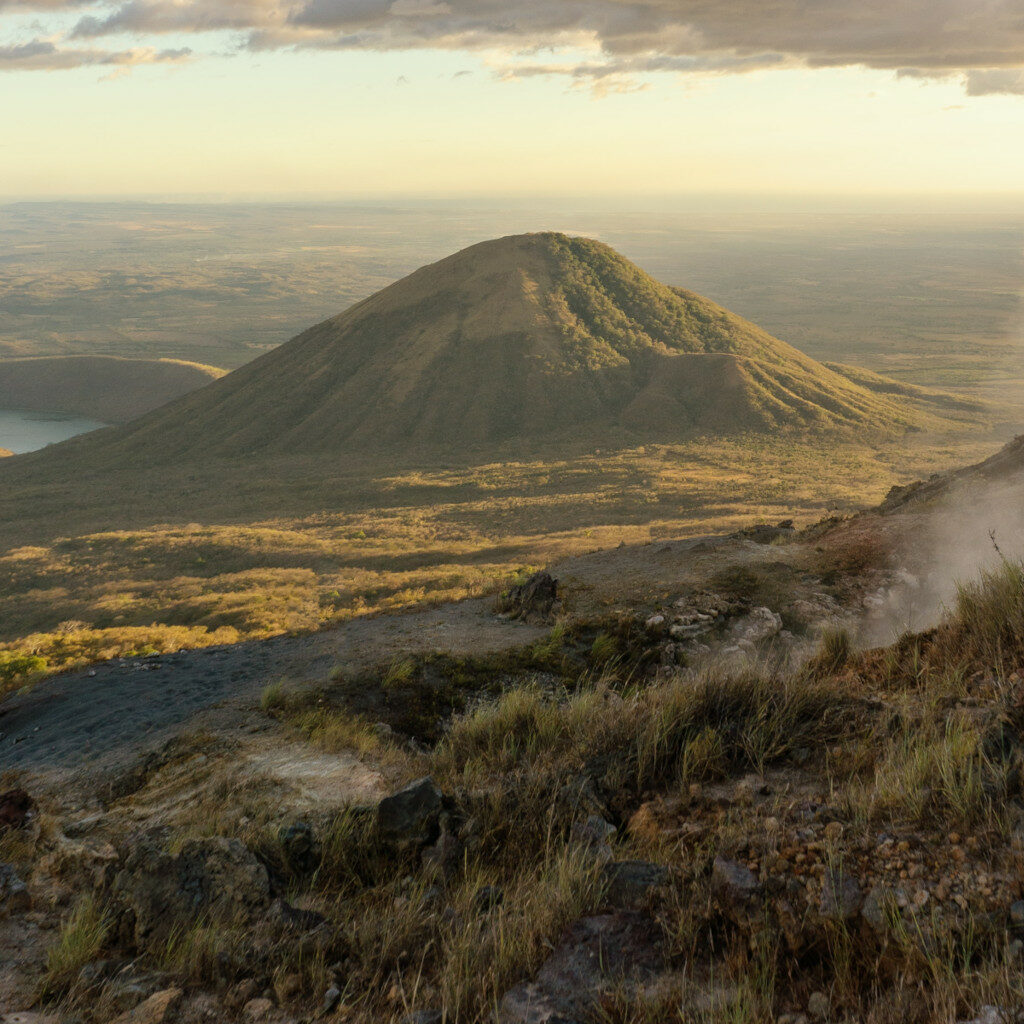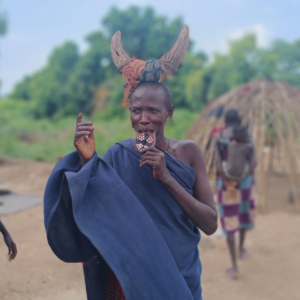As a travel designer dedicated to promoting sustainable tourism in Nicaragua, I see a country brimming with potential. Nicaragua’s rich biodiversity, vibrant culture, and warm, welcoming communities make it an ideal destination for eco-conscious travelers. However, realizing this potential requires navigating significant challenges and seizing promising opportunities. Here’s my vision for creating a sustainable tourism model that benefits both the environment and local communities.

Challenges in Promoting Sustainable Tourism
One of the most pressing challenges in promoting sustainable tourism in Nicaragua is finding the right balance between development and conservation. On one hand, tourism infrastructure needs to be developed to accommodate the increasing number of eco-conscious travelers. On the other hand, it’s essential to protect natural habitats, biodiversity, and cultural sites from overdevelopment and degradation.
Nicaragua’s infrastructure, particularly in rural and remote areas, often falls short of supporting sustainable tourism. Poor road conditions, limited public transportation, and inadequate waste management systems can hinder the development of eco-friendly tourism initiatives. Developing sustainable tourism requires financial resources, which can be a significant barrier for a developing country like Nicaragua. Local communities and small businesses may lack the capital needed to invest in sustainable practices or eco-friendly accommodations. This economic constraint can slow down the growth of sustainable tourism initiatives.
Promoting sustainable tourism also involves educating both tourists and local communities about the importance of conservation and sustainable practices. There is often a gap in awareness and understanding of what sustainable tourism entails.

Opportunities for sustainable tourism: what we can do.
Community-Based Tourism
One of the most promising opportunities for sustainable tourism in Nicaragua lies in community-based tourism initiatives. By involving local communities in tourism activities, these initiatives ensure that the economic benefits of tourism are distributed more equitably. Community-based tourism can help preserve cultural heritage, promote local traditions, and provide authentic travel experiences.
Eco-Friendly Accommodations
There is a growing demand for eco-friendly accommodations such as ecolodges and sustainable resorts. These establishments are designed to minimize environmental impact through energy-efficient practices, waste reduction, and the use of locally sourced materials. Investing in and promoting such accommodations can attract eco-conscious travelers and set a standard for sustainability in the hospitality industry.
Conservation and Wildlife Protection
Sustainable tourism can play a significant role in conservation efforts. By promoting tourism activities that focus on wildlife watching, birding, and nature hikes, Nicaragua can raise awareness about the importance of preserving its natural habitats. Tourism revenue can also be used to fund conservation projects and protect endangered species.
Adventure and Eco-Tours
Nicaragua’s diverse landscapes offer a wealth of opportunities for adventure and eco-tours. Activities such as volcano boarding, kayaking, hiking, and diving can be promoted in a way that emphasizes environmental responsibility. By working with tour operators to adopt sustainable practices, these activities can be both exciting and eco-friendly.
Local Food and Agriculture
Sustainable tourism can boost the local economy by promoting farm-to-table experiences and organic agriculture. Tourists are increasingly interested in tasting local cuisine made from fresh, sustainably sourced ingredients. Supporting local farmers and food producers can reduce the carbon footprint of food transportation and provide economic benefits to rural communities.






